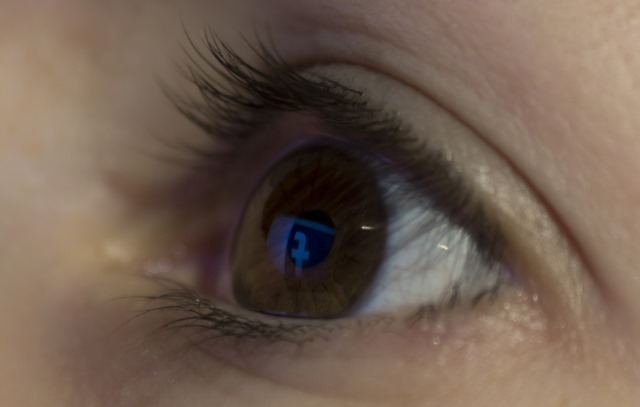Black Mirror, Signal, Manoeuvre: Is social media the future of car insurance?

A multinational company with thousands of employees and a turnover of more than £2 billion in 2015 requests access to young customers’ private social media history to predict their likely future behavior.
While this might sound like the basis for an episode of Charlie Brooker’s dystopian TV series Black Mirror, it’s actually a real plan formulated by insurance provider Admiral to create more accurate quotes for young drivers. The initiative, aptly named firstcarquote, was intended to examine a user’s Facebook presence -- including the pages they like and the content they post -- to identify key personality traits. These traits, in turn, would be used to predict the prospective customer’s driving style.
What does our social presence say about our driving style?
Media reports suggested Admiral would offer cheaper quotes to users who write in lists and short sentences, and set clear times and locations when planning to meet friends. Users who prefer exclamation marks and concrete statements such as "never" and "always" would have been treated less favorably by the algorithm.
Admiral insisted that, at least initially, the service would only offer discounts, rather than adding to the standard quote for young drivers whose Facebook history marked them out as potentially irresponsible.
While it all sounds more than a little creepy, the logic behind firstcarquote makes sense. As of the third quarter of 2016, Facebook had just under 1.8 billion monthly active users. If it was a country, it would be the biggest in the world. In an October 2014 blog post, it claimed to generate four new petabytes of data a day. To put that into context, Adfonic’s chief technology officer Wes Biggs told Computer Weekly that a single petabyte is enough to store the DNA of the entire US population, and then clone them -- twice.
In short, Facebook has a lot of information about its users. And Admiral has a lot of car insurance customers (3.3 million in the UK alone at the end of 2015). By using complex algorithms to correlate the real-world traits of safe drivers with common social media habits, it’s not hard to imagine that Admiral could create an extremely accurate profile of what a safe driver looks like on Facebook. It could then offer quotes based on how far removed a user is from this "dream profile".
Is firstcarquote the future of car insurance?
Admiral’s plan sounds like a game-changer. But its dream of a world in which car insurance quotes are based on in-depth analysis of thousands of different combinations of likes, words and phrases simply wasn’t meant to be.
Facebook blocked firstcarquote, claiming the scheme was in breach of its privacy rules. That forced Admiral to scrap the plan less than two hours before its scheduled launch at the start of November. It has since released a stripped-back version that offers a flat discount for first-time drivers who log in via Facebook and share "some information", an Admiral spokesperson explained.
Where does Admiral go from here?
So the central tenet of firstcarquote -- offering a price based on personality traits displayed on social media -- is dead in the water, right? Well, not necessarily.
As some technology analysts have pointed out, Facebook’s decision to kibosh Admiral’s groundbreaking service will have been heavily motivated by its desire to protect advertising revenues, rather than being solely a matter of safeguarding user privacy.
Think about it this way: a tool like firstcarquote would provide discounts for people who behave a certain way online. That would encourage more users to copy that behavior, which would skew the much-heralded audience targeting capabilities that Facebook offers advertisers. Brands won’t continue paying big money to reach certain demographics on the social platform if they find their ads aren’t being seen by the right audiences, and therefore aren’t generating the return on investment they expect.
Facebook is understandably desperate to protect its ad money. Its chief financial officer Dave Wehner recently warned that growth in these revenues will slow down "meaningfully" in 2017, largely because it has already maximized the volume of ads it can show to users before ruining their browsing experience.
That means Facebook is likely to be on the lookout for new revenue streams. If it can find a way to make services like firstcarquote work in its favor, expect to see them launching in the not-too-distant future.
Final thought
We can understand the complaints about firstcarquote from online privacy groups. But at the same time, it is designed as an opt-in service, so no first-time driver would have to involuntarily share their information. If it provides a better deal for willing young motorists, it should be welcomed.
The technology required to run firstcarquote already exists -- a test version was operational for several weeks before Facebook’s last-minute decision to bar the launch. That means it could be reintroduced at relatively short notice, if or when a compromise can be reached with Facebook. If it does launch, the impact on the car insurance industry could be significant. We look forward to seeing what happens next.
Photo credit: Rvan Alex / Shutterstock
Tom Roberts is a content editor at Vanarama Cars, a multi-award-winning car leasing company with dealer partners across the UK.